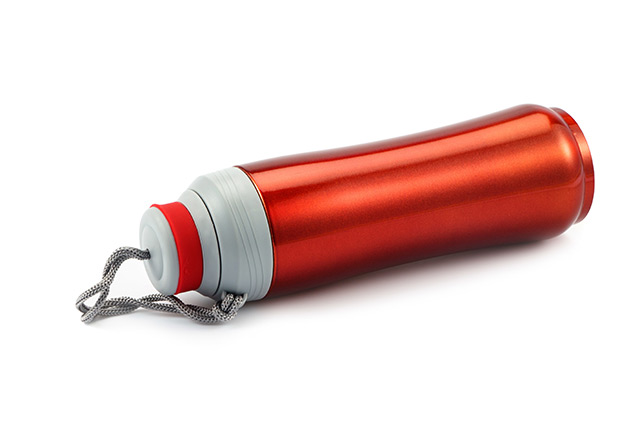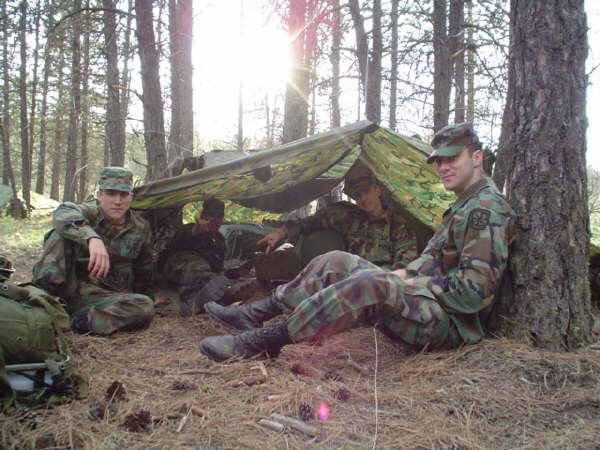Camping alone? 5 Safety precautions for your protection
10/24/2018 / By Jhoanna Robinson

We all know that taking a break from the city and veering away from the stress and pressure of urban life once in a while is necessary to have a happy life. There are many ways to explore this option — that is, hanging out with your friends and family in some remote location far away from the hustle and bustle of the crowd. (h/t to DoomsdayMoose.com)
This is all well and good, but nothing compares to the experience and pleasure that one can attain with camping by oneself. Not only can this chance make a more confident person out of you, but it can also make a more discerning, more knowledgeable, and more mature one at that.
However, since you are alone on this trip, the possibility of encountering dangers or being vulnerable to unexpected mishaps becomes greater. To lessen the chances of you dying or being trapped somewhere unsafe, follow these five safety tips for camping alone.
- Pack light. Now, this may sound simple and easy to do and shouldn’t even mete a moment’s thought. But if you seriously think about it, being light — with no extra load or burden to worry about — can spell the difference between being able to jump nimbly towards a rocky edge or fall down a cliff because of a heavy backpack.
- Properly set up your shelter. A well-installed shelter is a haven in the woods. Try to make the inside of your temporary dwelling place as homey and comfortable as possible by furnishing it with a sleeping bag, a pillow, a mattress, and some additional support to guarantee the proper installation of your tent or shelter. (Related: Camping: A great way to practice how to live after SHTF.)
- Take only the things that are necessary for your trip. You don’t need to bring things that you won’t need on your actual trip – you will just make your bag heavier for you and prevent you from moving about effortlessly and briskly. And if you can’t move freely about, the chances of incurring injuries become greater. Among the essentials that we recommend for you to bring on your trip include a flashlight, first aid kit, fire starter, lamp, necessary trailing maps, and water bottle. Bring packed food and drinks because you need energy for your travels, and a store to buy these from may be miles away from where you are. Make sure that you have your three meals of the day when camping: Eat breakfast, lunch, and dinner — meals with fish, meat, and eggs with them.
- Have an emergency or backup plan when things go wrong. The wilderness is an expanse of limitless scenarios. With this said, always have an emergency or backup plan for when things go wrong. You might need contingency measures for when a storm brews and your tent gets drenched; for when your car won’t start, and you might have to spend another few days in an isolated area, or for when a bear suddenly comes creeping in. An excellent go-to device for situations like this is a satellite phone to call people with during emergency situations.
- Be brave an trust in yourself. Confidence is key for finally getting through on a solo trip in unfamiliar territory. Be confident about going alone and trust your instincts. You don’t have to be the strongest person that you know; you don’t even have to be the smartest – if you believe in yourself, you can probably make it on your own.
Camping out alone, especially in an uncharted land, can seem dangerous and off-putting at first. But it’s not. It’s all about confidence, claiming your peace of mind, and getting rid of stress. Keep in mind all these bits of advice, and it’s very likely you won’t encounter any problems at all. Have a great trip!
Sources include:
Tagged Under: bug out, camping, off grid, preparedness, prepping, survival, survivalist



















